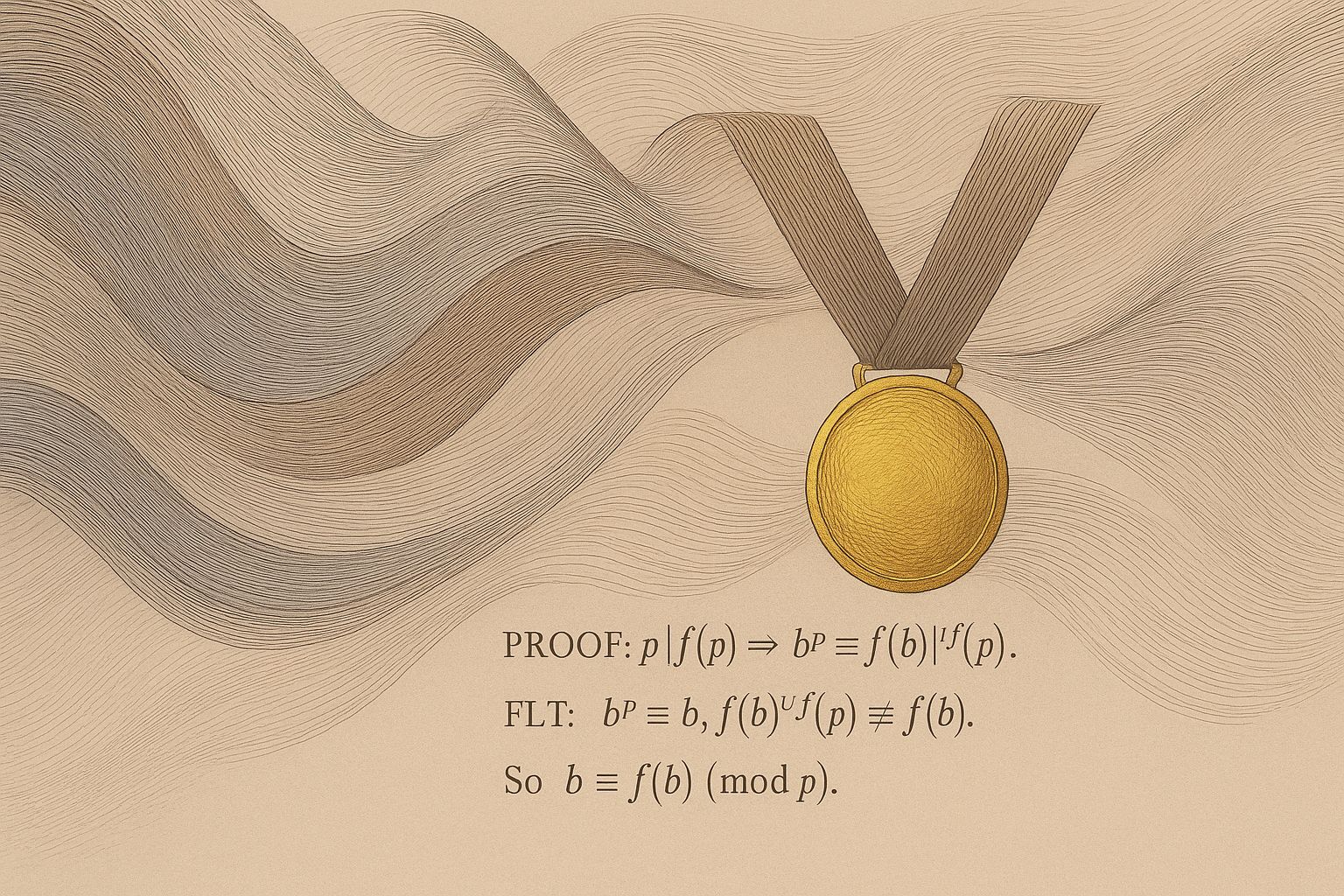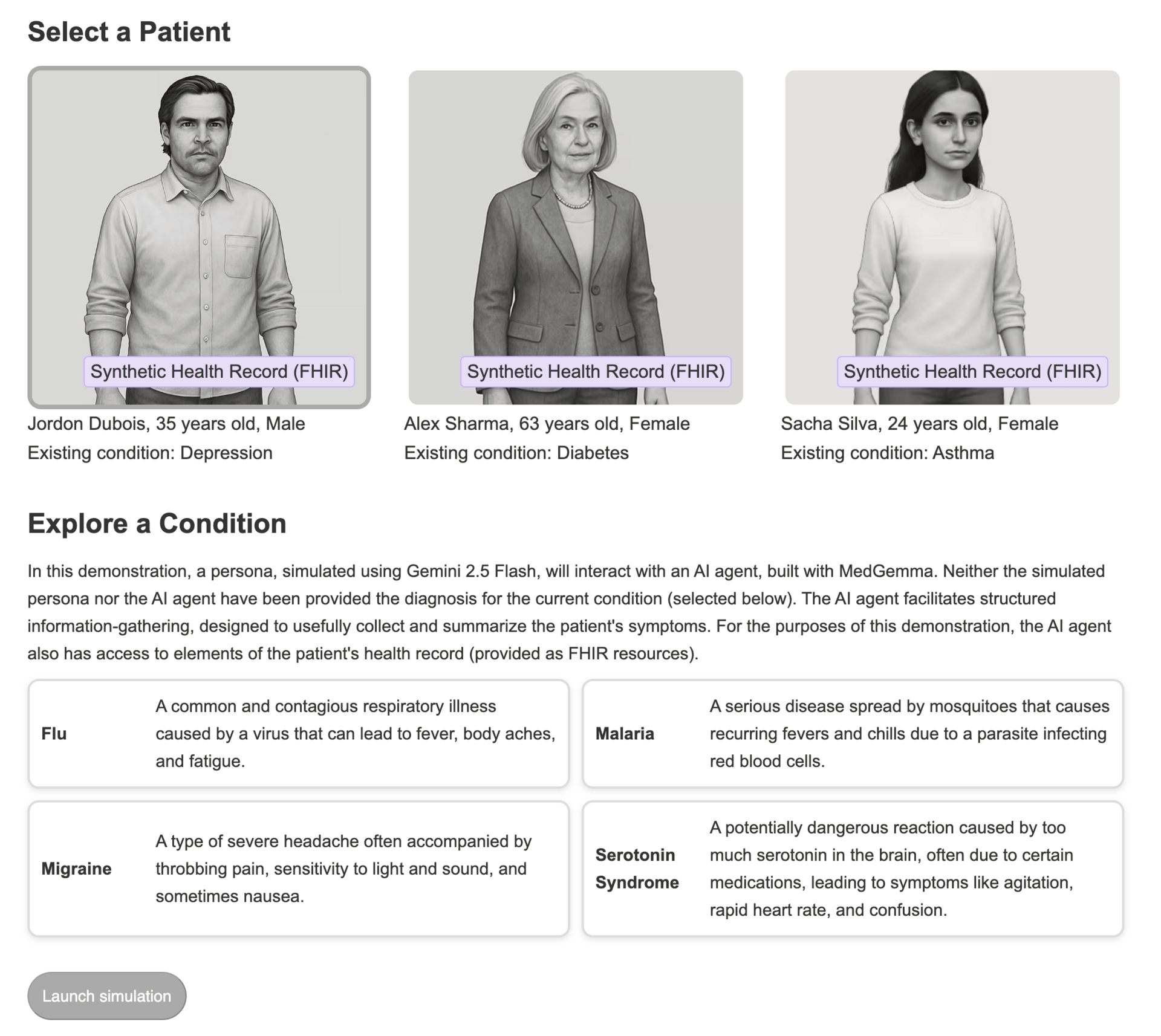- The Summary AI
- Posts
- 🏅 AI Wins Gold in Math Olympiad
🏅 AI Wins Gold in Math Olympiad
PLUS: Open-Source Medical AI

Welcome back!
We may be watching the Kasparov vs Deep Blue moment of mathematics. This week, AI models from Google and OpenAI cracked Math Olympiad gold, using only natural language and no tools. LLMs can now handle abstract reasoning for hours, and start to scale into domains once thought untouchable. Let’s unpack…
Today’s Summary:
🏅Google and OpenAI win gold at Math Olympiad
📹 Decart streams live AI video
🏥 Google unveils open-source healthcare AI
📈 Alibaba’s Qwen3 top open source model
🖼️ Gemini adds image segmentation
🎮 New ARC-AGI-3 benchmark
🛠️ 2 new tools

TOP STORY
Google and OpenAI score math gold medal with new AI models
The Summary: AI models from Google DeepMind and OpenAI have both reached gold-medal performance at the International Mathematical Olympiad. For the first time, AI solved five out of six official IMO problems under real exam conditions using only natural language. Google Gemini was formally graded by IMO, while OpenAI’s model was evaluated by former medalists.
Key details:
DeepMind’s Gemini Deep Think scored 35/42 under 4.5-hour IMO conditions, the first AI model formally certified with a gold score
OpenAI’s unnamed model matched the score using a general-purpose reasoning engine, evaluated by three former IMO gold medalists
Gemini solved the problems end-to-end in natural language without any formal languages, tools, or internet access
More than scores, which are difficult to compare, the deeper milestone is that models were able to sustain several hours of abstract reasoning without added tools
Why it matters: This might be a Kasparov vs Deep Blue moment for math. Solving Math Olympiad problems requires hours-long, structured thinking under constraint. Now, two different AI systems have done it end-to-end, in natural language, without tools, within time limits. While we’re still far from automated discovery or provable rigor in high-stakes science, the feat shows how LLMs are starting to scale into domains previously thought untouchable.

DECART AI
Decart AI launches realtime streaming video model
The Summary: Decart released MirageLSD, the first AI model that transforms live video feeds in real time. The web-based Mirage platform is now live. Quality is maintained indefinitely at 24 FPS and 768×432 resolution. Several innovations make its real-time performance possible.
Introducing MirageLSD: The First Live-Stream Diffusion (LSD) AI Model
Input any video stream, from a camera or video chat to a computer screen or game, and transform it into any world you desire, in real-time (<40ms latency).
Here’s how it works (w/ demo you can use!):
— Decart (@DecartAI)
8:44 PM • Jul 17, 2025
Key details:
Produces infinite video streams, breaking past the 20–30 second limit of earlier AI video models
History augmentation trains on corrupted frames so the model anticipates and corrects visual drift
Andrej Karpathy calls MirageLSD “real-time magic”, and says diffusion models can now style live feeds frame by frame
Roadmap includes improved facial consistency, voice prompts, and precise object controls in mobile apps
Why it matters: Decart live-stream AI lets users create dynamic video effects for games, events, or creative projects. The visuals stay sharp for hours, with live prompts and instant editing. This could power AR filters, virtual production sets, and real-time visual effects on any live camera feed.

FROM OUR PARTNERS
The Missing Tool in Your AI Stack
Create How-to Videos in Seconds with AI
Stop wasting time on repetitive explanations. Guidde’s AI creates stunning video guides in seconds—11x faster.
Turn boring docs into visual masterpieces
Save hours with AI-powered automation
Share or embed your guide anywhere
How it works: Click capture on the browser extension, and Guidde auto-generates step-by-step video guides with visuals, voiceover, and a call to action.

Google MedGemma makes medical AI customizable and local
The Summary: Google has released MedGemma and MedSigLIP, two open-source AI models designed for real-world healthcare applications. These models are multimodal, efficient, and can run locally to interpret medical text, images, and electronic records. They can also be fine-tuned without relying on the cloud. MedGemma outperforms larger models in clinical tasks and reduces data retrieval errors in EHR systems.
Key details:
MedGemma 27B is multimodal and scores 87.7% on MedQA at a tenth the inference cost of top-tier models
MedSigLIP is a 400M encoder for medical image classification and search. Trained on over 33M images, including histopathology and dermatology
Tuning the models may lead to major gains, like tripling accuracy in tissue analysis and reducing errors in patient record search
Why it matters: AI in healthcare has long been stuck between black-box cloud giants and fragile local tools. MedGemma stands out as open, local, and adaptable, letting researchers, clinicians and hospitals build and control their own AI tools. It can run without internet, and be tailored to local needs or specific rules.

QUICK NEWS
Quick news
Alibaba’s Qwen3-235B becomes top open-source model
Gemini 2.5 now supports conversational image segmentation
New ARC-AGI-3 benchmark tests how well AI learns new tasks

TOOLS
🥇 New tools

That’s all for today!
If you liked the newsletter, share it with your friends and colleagues by sending them this link: https://thesummary.ai/




